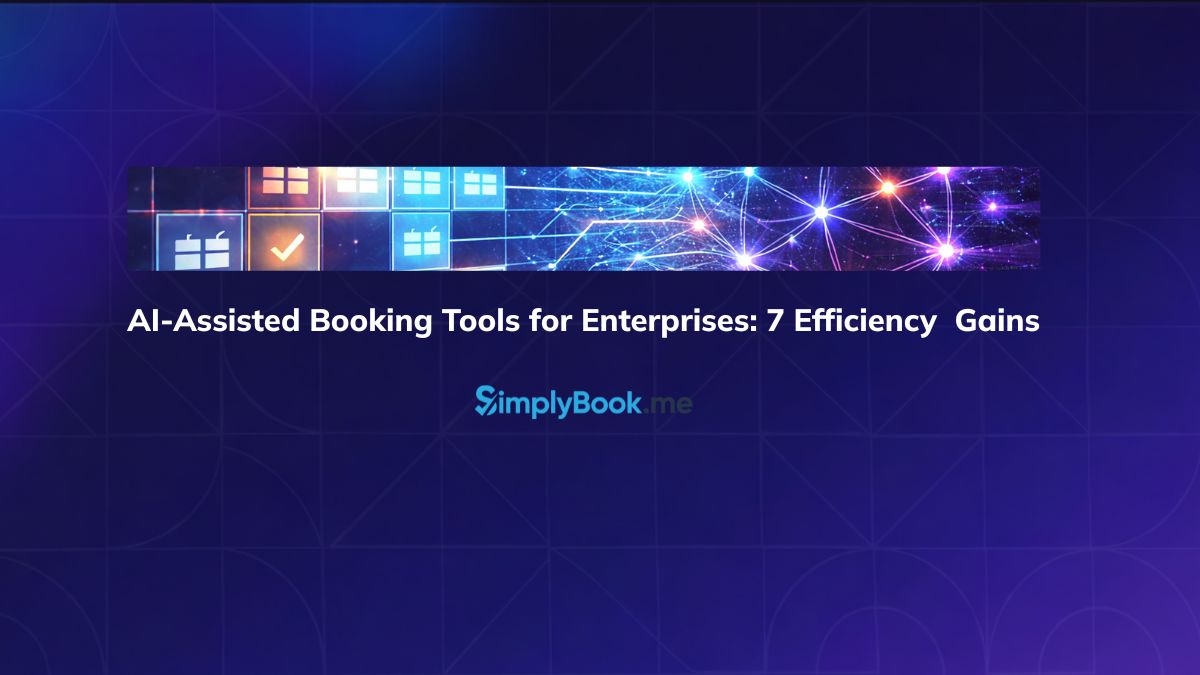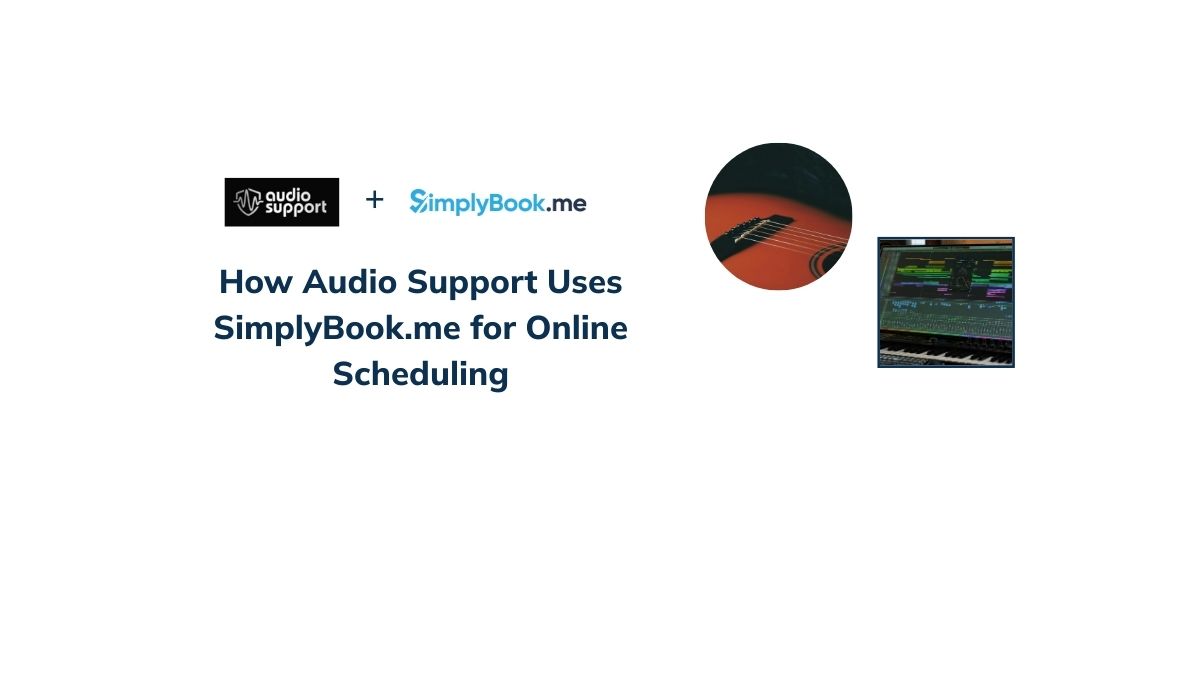9 Tips to Consider Before Starting An Accountancy Business.

This post is also available in:
![]()
![]()
![]()
![]()
So you’re an accountant thinking of starting your own accountancy business. No accountant jokes here; I know some vibrant and exciting ones. Going solo or even into partnership with another professional is no joke, and you need to consider several things before you think of quitting a salaried position. However, you have a skill in demand for businesses, families, and even charities. Where money is involved, you always need accountants.
So, where do you start?
Self-assessment – Know yourself
The first thing you need to analyse about yourself is why you want to start your own accountancy business. What will having your own firm bring you? Some common examples are:
- Keeping all of your client fees rather than a salaried flat rate.
- The freedom to choose (or lose) clients that bring you the best benefits
- Personal space to choose your working hours
- Desire to service a specific niche of clients
- Freedoms to choose your working methods
- Not working for someone else’s profit
There are probably hundreds more reasons because everyone is different and has other things that motivate them.
And that leads us to positive motivation. It can be difficult to keep going if you don’t have something positive to motivate you through the often challenging and sparse times of starting your own accountancy business. Negative motivations such as competing with a former employer are more prone to making you feel like it might not be worth it in the long run.
You also need to assess whether you have the real-world experience to start independently. It’s often not enough to have the technical knowledge or qualifications. You need to know that you have firsthand experience in dealing directly with clients, how the accountancy market works and whether you have the necessary articulate skills to talk to your clients through what can be stressful times.
When money is involved, it can be very stressful when the fate of a family or business depends on the optimal outcome.
Think about where you are now and where you need to be to start your accountancy business. Be honest. You can’t start your entrepreneurial journey by lying to yourself.
Qualifications
While assessing your situation and what you need to get to a position where you can start your own accountancy business, you will have to evaluate your qualifications. Do you need to expand your qualification level or diversify your skillset for the services you want to provide?
To offer a broad range of services to prospective clients, you will need a high level of education in accountancy and its associated fields (taxes, auditing, etc.). Conversely, you might still need a significantly high education level if you pursue a niche target market with specific requirements. In addition, you will need the experience to support these specialist clients.
Some regions and countries requiring you to maintain a license to operate as an accountant will expect you to regularly update your knowledge with continuous professional learning. That will ensure you stay up to date and avoid using old information when assisting your clients.
Meeting Regional Requirements
Do you know what is required to operate as an accountant in your geographic area? Some countries and states require a specific level of education and experience. In contrast, others will demand membership in a professional association that oversees the quality and integrity of those claiming to be qualified accountants. And it might be that you need both.
Financing Your First Year
You’re an accountant; you do the equations. You can’t magically create a flourishing business from nothing. Your accountancy business will need a significant capital sum to see you through the first six months to a year while building a client base. Unless you have purchased an existing business that is already thriving, you will be starting from zero.
Zero clients = Zero money
The good news is that you might be able to poach a few existing clients from your contacts. The other bonus is that you probably have enough experience to accurately model your expenses and income requirements for your first 6-12 months. Consider yourself as an example of “how to do it”. When your clients come to you for help with business finance projections, show how you did it with your accountancy business.
If you can’t handle your own finances, you won’t engender much faith from potential clients.
Accounting Buisiness Specialisations, Branches, and Niches
Don’t be afraid to specialise. If you have a gift in a specific area of accountancy, play to your strengths. While you might think that offering an extensive range of services is the right fit for you, you shouldn’t rule out the need for niche services that you could provide. Accountancy and financial services, in general, come in several specialisations and branches. Not to mention the niche clients that need a specific understanding of their industry.
Some examples are farmers and agricultural businesses with distinct profit and revenue models compared with other industries. Another example could be novelists and book writers—those people who spend months writing for a single advance and potential royalties. However, there’s no guarantee they will receive those royalties…
Legal and Professional Responsibilities
What do you need to do to comply with regulations and your operation as a business?
Legal responsibilities mean that you need to have some qualified assistance help when entering into a client contract. However, it also relates to public liability insurance if clients come to your premises and insurance cover for any mistakes. We like to think we won’t make them, but they happen. If a client sues you for loss of earnings or poor financial advice, you will need to be insured if you don’t want to end up destitute and lose everything.
You may wish to incorporate your business or register as an LLC. If you decide you need to employ additional staff, you will need to register as an employer, and you will have legal responsibilities to them as well as your clients and your business.
When dealing directly with clients, you will need legal advice; don’t skimp on that side of your business plan.
Billing Models – Getting paid
For billing models, you should go back to the self-assessment chapter and determine if you have the working knowledge of the accountancy market to bill your clients correctly.
One of the bonuses to a professional organisation membership is that they will usually publish a table of recommended pricing for services and hourly rates you can use to position yourself competitively in the local market.
Depending on your specific services, you can charge some by the hour with detailed record-keeping for time spent, while other services, such as tax preparation, is usually billed at a flat rate. There are some exceptions, and you will have to use your judgement. However, plenty of information is available to help you with your billing models – some of it from your competitors. Check how they do it and see if you can offer a better deal or a more effective method of getting paid.
Marketing and Attracting Clients
It all comes down to marketing eventually. With no marketing, there are no clients, and no clients mean there is no accountancy business. A referral by a friend is still marketing, even if you’ve done nothing but ask friends to spread the word about your new business. Word of mouth and personal recommendations are still powerful marketing tools – no matter how digitised we have become.
Before you even think about opening your doors to clients, you need to know your target market, where to find them, and how to approach them.
This is another way to use your competitors in a similar field of accountancy or even those you’re not competing with. Where do you see ads for their services? Could you do the same, or does that not work for your target market?
SEO (search engine optimisation) is your friend. When you search for accountancy services on Google, who comes up first? Ignoring the ads at the top of page one, the first organic result will probably be the one you want to beat for clients. Check out what they are doing with their online presence, the keywords they rank for and the ones you want to compete for – you might not be in the same field, so choose wisely.
As a small accountancy business, you will probably serve a niche of clients that are also small or medium-sized enterprises. Large corporations usually have an entire department of accountants to do their finances. With that in mind, it’s not unwise to use social media as a platform to find new clients.
Employing the Right Tools
When you set up your own business, you need to be sure you use as many automation and labour-saving tools as possible to free up your time for paying clients.
You might have to wear many different management hats as your own boss (and possibly someone else’s boss later) that you need to make sure you have the time, energy, and motivation to do the job you created your accountancy business to do
You can easily find the best accounting software, but what about the other functions you need to simplify?
How do you schedule a time to meet with new clients to discuss their needs and parameters? What about ensuring you can meet with existing clients when they need you?
What about the time you need to dedicate to client accounts? How do you assign time to each client to cover their specific requirements? One might be a monthly client who needs your bookkeeping expertise, while another might wait until the end of the year and get you to do their whole year’s finances (unless you get rid of these disorganised clients). This is where you need organisational tools.
Then there’s your marketing. Making the most of marketing management tools is an excellent way to keep your public face out there without too much mental energy on your part. You can find a suite of marketing tools in the SimplyBook.me system that will help you with client management, contact, and social media.
Eventually, you may want to expand your business, taking on more financial advisors or administrative staff. Then you might need to look for best HR software solutions because as your business evolves, investing in the right tools to support your team becomes essential for sustained growth and efficiency.
Ready to start your accountancy business?
Then it’s time to take everything you have learned about yourself and what you need to make your accountancy firm succeed and put it into a business plan. Once you have a business plan in place, you are ready to make your move into your entrepreneurial accountancy journey.
Good Luck and Prosperity to you.



Comments
0 commentsNo comments yet